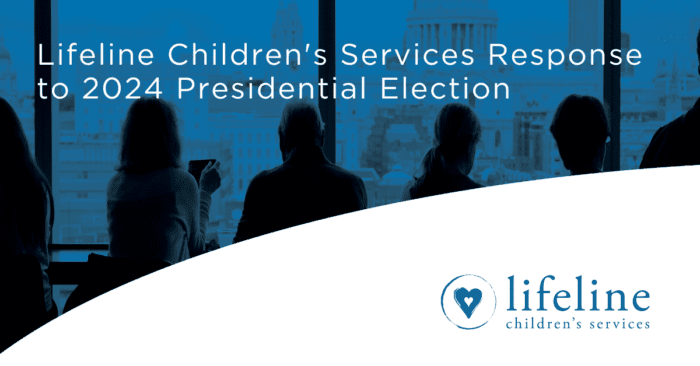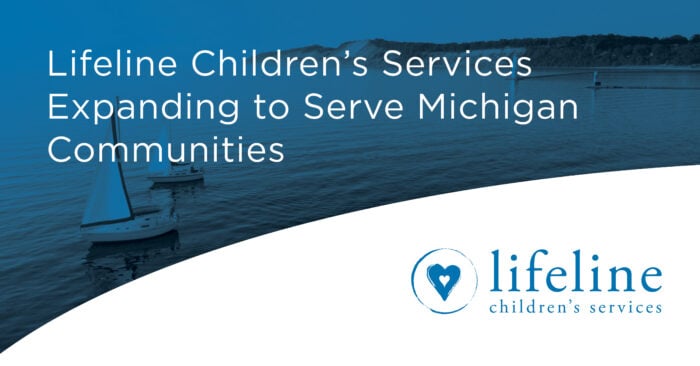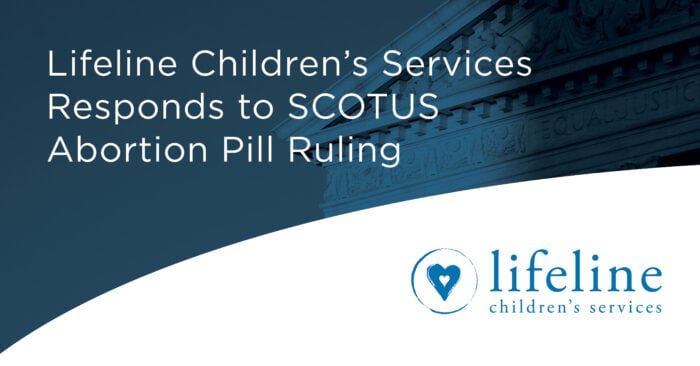The impact of inflation is felt in every corner of our society, but nowhere is this more painfully evident than in the child welfare system. The devastating effects of inflation are not just financial inconveniences for individual families but also a crisis of severe measures threatening the well-being of our society’s most vulnerable children.
The child welfare system has been operating on the edge of crisis for several years. Underfunded and overstretched, it relies heavily on the dedication of foster families, social workers, and community organizations to provide for vulnerable children. The system is reaching a breaking point, with inflation driving up the cost of everything from food, clothing, housing, and transportation.
The rising cost of living has placed an unbearable strain on foster families, who are expected to provide a stable and nurturing environment for children despite the financial pressures that they face. Under this economic pressure, families feel they cannot support vulnerable children who need their help, making it more difficult for them to experience the financial freedom of opening their homes.
The most tragic consequence of this economic crisis is the potential for increased instability in the lives of children who are already dealing with trauma. During economic hardships, the vulnerable among us only become more vulnerable. When the child welfare system is unable to meet basic needs, children are more likely to be moved from one placement to another, further disrupting their lives and increasing the likelihood of long-term emotional and psychological harm. These children need stability, and inflation makes it harder and harder to provide just that.
The long-term effects of this crisis are unavoidable. Children who experience consistent instability in foster care are more likely to struggle in school, face mental health challenges, and encounter difficulty forming healthy relationships. Inflation puts these children at risk of reaching their full potential because they sadly lack the support and resources needed at a formative time in their lives.
We must foster a greater sense of personal responsibility for these children and the child welfare system. Church partners, community partners, and supporters can play a crucial role in providing resources to help lessen the burden of inflation on the child welfare system.
The well-being and future of children and the child welfare system depend on our actions as we prepare for the 2024 election. How we vote will change the trajectory of countless children’s lives. Each child in the child welfare system deserves the chance to reach and exceed their potential. I call on readers to pray for hearts to soften toward policies that will change the lives of these vulnerable children, and I urge you to vote as advocates for them.





